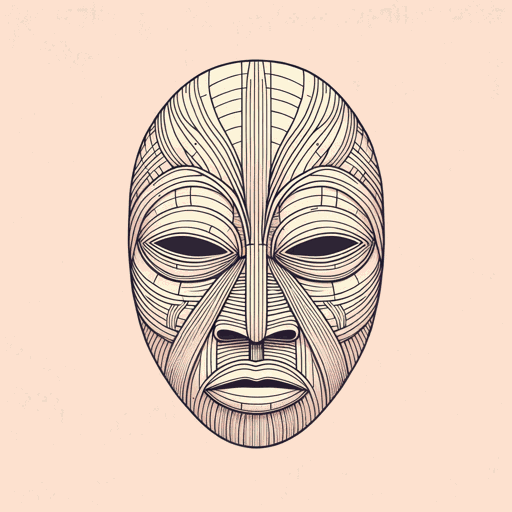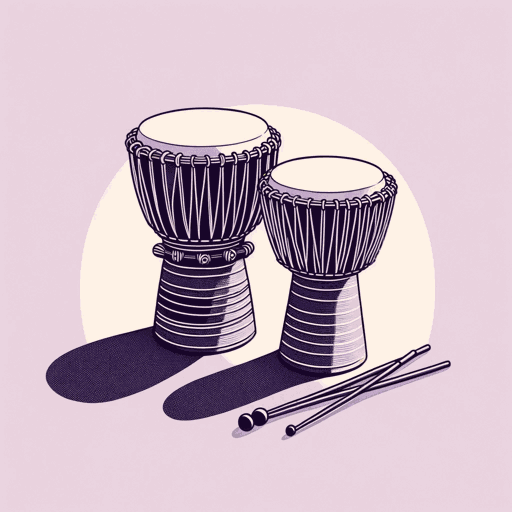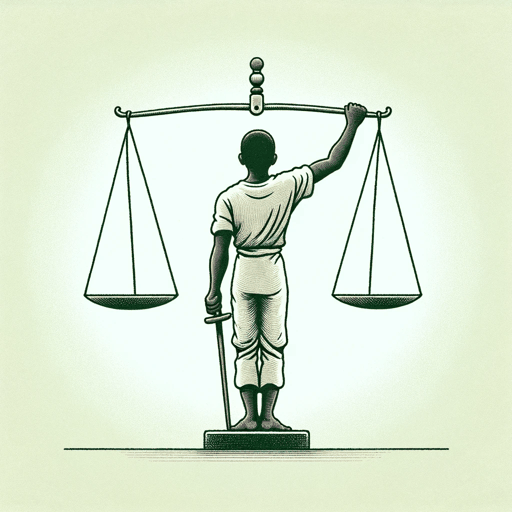75 pages • 2 hours read
Chinua AchebeThings Fall Apart
Fiction | Novel | Adult | Published in 1958A modern alternative to SparkNotes and CliffsNotes, SuperSummary offers high-quality Study Guides with detailed chapter summaries and analysis of major themes, characters, and more.
Important Quotes
“Among the Ibo the art of conversation is regarded very highly, and proverbs are a palm-oil with which words are eaten. Okoye was a great talker and he spoke for a long time, skirting round the subject and then hitting it finally.”
(Chapter 1, Page 7)
Achebe’s characters often speak through proverbs, which provide wisdom passed down through generations. In a society organized around the presence and will of ancestors, speaking through proverbs is a means of communicating truth and guidance that remains steady as time passes. The practice of proverb recitation also defines the lengthy, rambling conversational style that Achebe reproduces throughout the novel.
“And so although Okonkwo was still young, he was already one of the greatest men of his time. Age was respected among his people, but achievement was revered. As the elders said, if a child washed his hands he could eat with kings. Okonkwo had clearly washed his hands and so he ate with kings and elders. And that was how he came to look after the doomed lad who was sacrificed to the village of Umuofia by their neighbors to avoid war and bloodshed. The ill-fated lad was called Ikemefuna.”
(Chapter 1, Page 8)
Okonkwo’s desire to “wash his hands” of his father follows him throughout his life. Each action is motivated by the desire to act honorably, living up to the highest standards of manhood. He also pays penalties and makes ritual sacrifices whenever he can in order to cleanse himself of offenses he commits. Ikemefuna’s case, though, shows that one can “cleanse” oneself in the eyes of a community but still be personally haunted by one’s own thoughts and memories.
“Okonkwo ruled his household with a heavy hand. His wives, especially the youngest, lived in perpetual fear of his fiery temper, and so did his little children. Perhaps down in his heart Okonkwo was not a cruel man. But his whole life was dominated by fear, the fear of failure and of weakness. It was deeper and more intimate than the fear of evil and capricious gods and of magic, the fear of the forest, and of the forces of nature, malevolent, red in tooth and claw. Okonkwo’s fear was greater than these. It was not external but lay deep within himself. It was the fear of himself, lest he should be found to resemble his father.”
(Chapter 2, Page 13)
Fear is a central motivator for every character in Things Fall Apart. But Okonkwo’s fear is based on human factors—his own father—rather than on the supernatural or divine. That intimate fear centers on the self and on the body, and its ultimate result resonates when Okonkwo meets a premature death.
Related Titles
By Chinua Achebe

A Man of the People
Chinua Achebe

Anthills Of The Savannah
Chinua Achebe

Arrow of God
Chinua Achebe

Beware Soul Brother
Chinua Achebe

Civil Peace
Chinua Achebe

Dead Men’s Path
Chinua Achebe

Marriage is a Private Affair
Chinua Achebe

No Longer at Ease
Chinua Achebe

There Was a Country
Chinua Achebe

